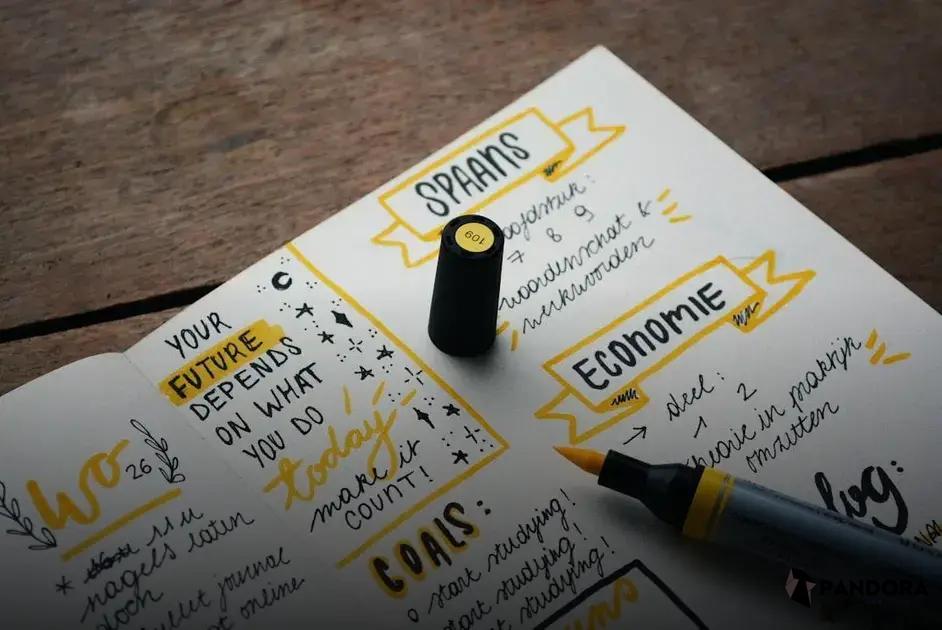Discover how Mindfulness and Meditation for Professionals can significantly improve focus and productivity at work. With today’s fast-paced work environment, it’s crucial to find techniques that enhance mental clarity and reduce stress. This article explores the benefits of mindfulness, practical steps to integrate it into your routine, and solutions to common meditation challenges, offering insights specifically for professionals.
Understanding the Benefits of Mindfulness
Mindfulness can be a transformative practice for professionals who seek to enhance their focus and reduce stress. By cultivating present-moment awareness, individuals can improve their concentration and decision-making skills. Research shows that mindfulness helps in lowering anxiety levels, which in turn boosts productivity and creativity at work.
When you practice mindfulness, you learn to respond to situations calmly rather than react hastily. This skill is especially valuable in high-pressure environments, as it allows for more thoughtful and effective management of tasks and relationships. Additionally, mindfulness can contribute to better emotional regulation, providing a more balanced approach to handling workplace stresses.
Practicing mindfulness also fosters better physical health. Regular mindfulness practice is associated with reduced stress, lower blood pressure, and even improved quality of sleep. By nurturing well-being, professionals are better equipped to face challenges without succumbing to burnout. This holistic improvement in mental and physical health ultimately contributes to a more fulfilling and sustainable professional life.
Utilizing mindfulness techniques can offer long-term professional benefits. By embedding mindfulness practices into your routine, you not only enhance your work experience but also set a foundation for ongoing personal and professional growth.
How Meditation Enhances Professional Productivity
Meditation is a powerful tool for boosting productivity in the workplace. By integrating mindfulness practices, professionals can significantly enhance their focus and efficiency. Concentration is one of the key benefits of meditation, as it trains the mind to avoid distractions and maintain attention on tasks for longer periods.
Stress reduction is another crucial advantage. Regular meditation helps lower stress levels, which can otherwise hinder productivity and decision-making abilities. When stress is reduced, professionals find it easier to manage their time effectively and prioritize their tasks.
Moreover, meditation encourages clarity of mind, allowing for improved problem-solving skills. This clarity enables individuals to approach projects with a fresh perspective, fostering creativity and innovation in the workplace.
Implementing a brief meditation session before or after work meetings can prepare individuals to engage more deeply and provide more value. Taking just a few minutes to practice mindfulness each day can lead to tangible improvements in work performance and satisfaction.
In summary, practicing meditation regularly not only enhances individual productivity but also contributes positively to team dynamics by promoting a more focused and attentive work environment.
Integrating Mindfulness into Your Daily Routine
Integrating Mindfulness into Your Daily Routine
Incorporating mindfulness practices into your daily life doesn’t require significant changes. You can start by allocating a few minutes each morning for a brief meditation session. This does not necessitate a specific setting or equipment. Simply sit comfortably, close your eyes, and focus on your breath. Consistency is key to forming a habit, so try to meditate at the same time every day.
During work, take short mindfulness breaks. Set a timer to remind yourself to pause, even for just a few minutes, to breathe deeply and clear your mind. These pauses can significantly enhance your focus and productivity, especially in high-pressure environments.
Another practical method is to practice mindful eating. Focus on each bite, savoring the flavor and texture. This not only helps in developing mindfulness but can also improve digestion and satisfaction with meals.
Consider using technology to support your mindfulness journey. There are numerous apps available that offer guided meditations, breathing exercises, and reminders to pause and breathe throughout the day. These resources can be especially useful for beginners or those with busy schedules.
Finally, integrate mindfulness into everyday activities. Whether you’re walking, doing household chores, or even brushing your teeth, pay attention to the sensations and movements involved. This can transform mundane tasks into opportunities for tranquility and self-awareness.
Overcoming Common Challenges with Meditation
Meditation can be a powerful tool for enhancing focus and reducing stress, but many people face challenges when trying to establish a consistent practice. One common issue is finding time amidst a busy schedule. It’s essential to start small—just a few minutes each day—and gradually increase your practice time as you become more comfortable.
Another challenge is the mind’s tendency to wander. This is entirely normal, especially for beginners. Instead of getting frustrated, gently bring your attention back to your breathing or mantra whenever you notice your thoughts drifting.
Many also experience discomfort or restlessness. Trying different sitting positions or adding a cushion can help address physical discomfort. Cultivating patience is key; over time, you’ll likely find more ease in stillness.
For some, maintaining consistency is the biggest hurdle. To overcome this, consider setting reminders, creating a dedicated meditation space, or even finding an accountability partner. Remember, the goal is progress, not perfection.





